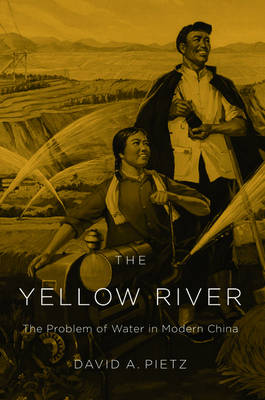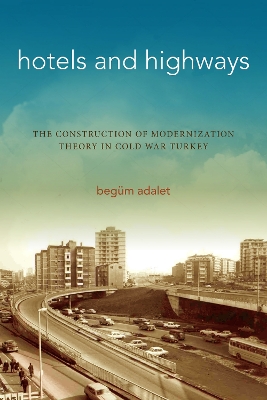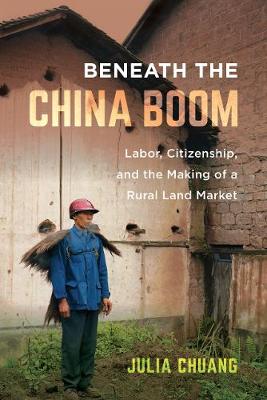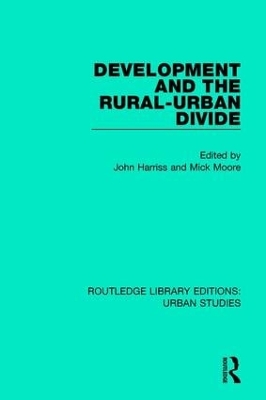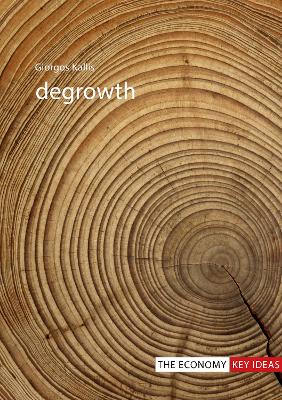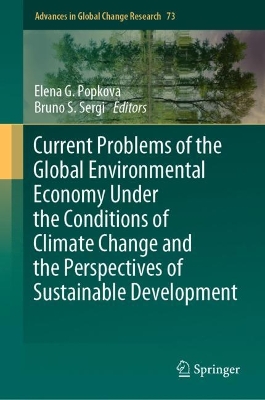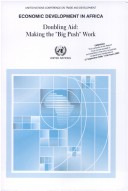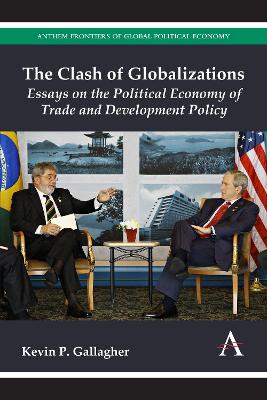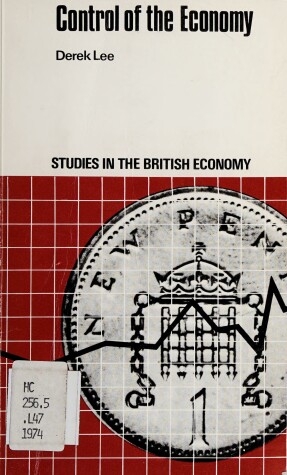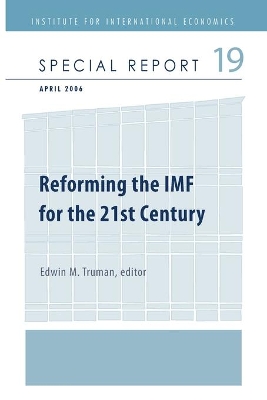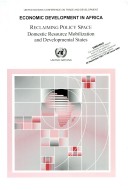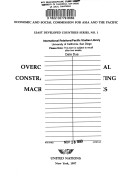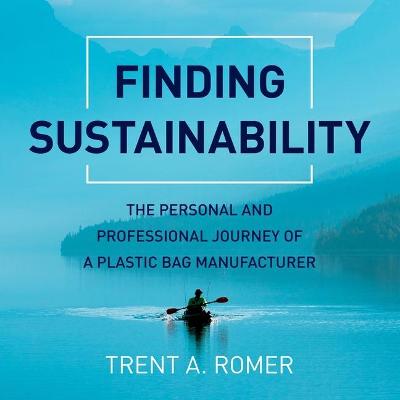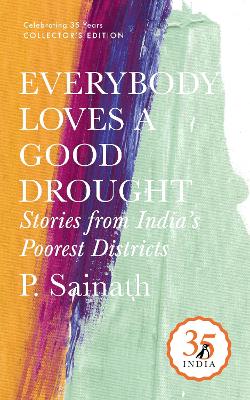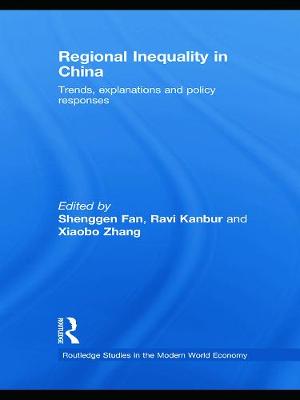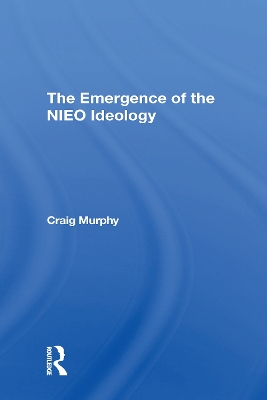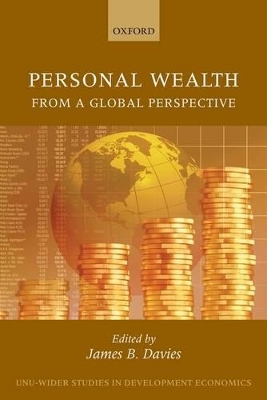In the Maoist years the North China Plain was re-engineered to use every drop of water for irrigation and hydroelectricity. As David Pietz shows, China's urban growth, industrial expansion, and agricultural intensification rested on compromised water resources, with effects that cast a long shadow over China's future course as a global power.
Over the past two decades, how has urban agriculture changed in sub-Saharan Africa? Is city farming now better integrated into environmental management and city governance? And, looking ahead, how might urban agriculture address the needs of the low-income households and modernizing cities of Africa? In this book, leading specialists in the fields of urban agriculture and urban environment present a unique collection of case studies that examines the growing role of local food production in urb...
Remittances from international migrant workers play an important role in South Asia, helping to reduce poverty and pay for schooling and healthcare. This study examines the drivers, development impacts and policy aspect, with a special focus on management and regulation of migration and remittances in the region.
Hotels and Highways (Stanford Studies in Middle Eastern and Islamic Societies and Cultures)
by Begum Adalet
The early decades of the Cold War presented seemingly boundless opportunity for the construction of "laboratories" of American society abroad: microcosms where experts could scale down problems of geopolitics to manageable size, and where locals could be systematically directed toward American visions of capitalist modernity. Among the most critical tools in the U.S.'s ideological arsenal was modernization theory, and Turkey emerged as a vital test case for the construction and validation of dev...
For nearly four decades, China's manufacturing boom has been powered by the labor of 287 million rural migrant workers, who travel seasonally between villages where they farm for subsistence and cities where they work. Yet recently local governments have moved away from manufacturing and toward urban expansion and construction as a development strategy. As a result, at least 88 million rural people to date have lost rights to village land. In Beneath the China Boom, Julia Chuang follows the traj...
Development and the Rural-Urban Divide (Routledge Library Editions: Urban Studies)
First published in 1984. It is widely acknowledged that rural-urban differences and interrelationships play an important role in the development process. Some theorists believe they are a primary cause of continuing poverty in poor nations. This volume of essays summarises and appraises theories of rural-urban relations and economic development and explores, mainly on the basis of country case studies, the conceptual and theoretical problems to which they give rise, and the extent to which they...
The term “degrowth” has emerged within ecological and other heterodox schools of economics as a critique of the idea (and ideology) of economic growth. Degrowth argues that economic growth is no longer desirable – its costs exceed its benefits – and advocates a transformation of economies so that they produce and consume less, differently and better. Giorgos Kallis provides a clear and succinct guide to the central ideas of degrowth theory and explores what it would take for an economy to transi...
This book presents a systemic view of the global environmental economy under the conditions of climate change from the positions of Sustainable Development Goals. The purpose of the book is to study the current problems of the global environmental economy under the conditions of climate change and to determine the prospects of its sustainable development (systemic support for the SDGs). This goal predetermines the logic and structure of the book, which is comprised of five parts. Part I presents...
The 2006 report on Economic Development in Africa examines how the commitment by the international community to double aid to Africa might place the continent on a sustainable development path. The report identifies the flaws in the existing international aid system, and its central message is that, if this commitment is to translate into big reductions in poverty and lasting gains in economic welfare, new thinking is required. Publishing Agency: United Nations (UN).
Economic development in Africa
by United Nations: Conference on Trade and Development
One of the most prominent objectives of the Millennium Development Goals is to have member States halve their levels of absolute poverty by 2015. Whilst some developing countries are making progress towards this target, recent statistics show indicate that in the countries of Sub-Saharan Africa the numbers living in poverty is increasing. One of the reasons for this is its relatively low rate of economic growth.This year's Economic Development in Africa report examines the potential of African c...
Penguin 35 Collectors Edition: Everybody Loves a Good Drought
by P Sainath
Regional Inequality in China (Routledge Studies in the Modern World Economy)
China’s spectacular growth and poverty reduction has been accompanied by growing inequality which threatens the social compact and thus the political basis for economic growth. Chinese policy makers have realized the importance of the problem and have launched a series of investigations and policy initiatives to address the issues. The regional dimension of inequality—rural/urban and inland/coastal—dominates in a country as large as China, and especially with its particular history. Not surprisi...
This study traces the political history of the ideas underlying Third World calls for a New International Economic Order. Filling a significant gap in the literature, the book shows that NIEO ideology has a direct, unbroken line of development extending back to World War II, when a "new international economic order," the Bretton Woods system, was created. Dr. Murphy maintains that NIEO ideology is not rooted only in Third World acceptance of Prebisch's views on trade; rather, it evolved from Thi...
International Science and Technology Cooperation in a Globalized World
Remade In Guangdong: How China's World Factory Will Become Innovative
by Wei Zhao
With China losing its previous competitive edge in manufacturing, industrial upgrading to the stage of innovation-driven development seems to be an imperative. Guangdong and its core region of Pearl River Delta are playing a role of pilot in finding a new development path for the whole country. Whether Guangdong can rebuild its global industrial competitiveness on innovation dynamics is significant to China's economic growth, both current and in the future.The book explores next-step strategies...
Personal Wealth from a Global Perspective (WIDER Studies in Development Economics)
There is great media fascination in the activities and lifestyles of the super-rich. But personal wealth is also important for those of more modest means as a store of potential consumption, as a cushion against emergencies, and as collateral for business and investment loans. This book is the first global study of household assets and debts. It documents not only the level, distribution, and trend of wealth holdings in rich nations, but also addresses developing countries like China and India....
